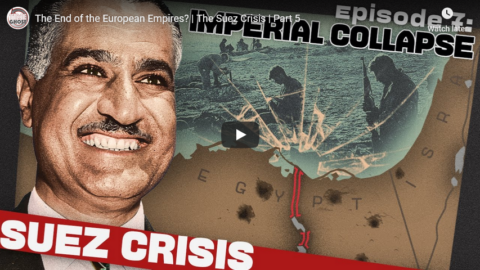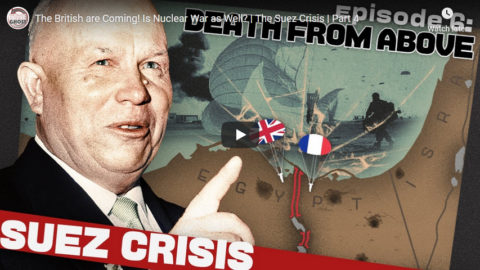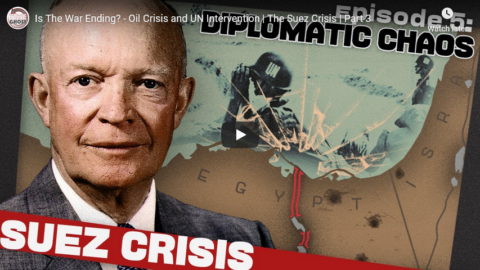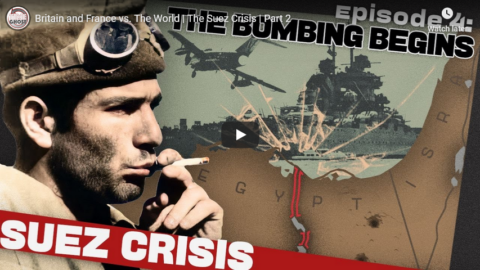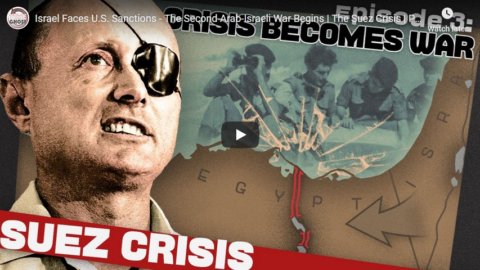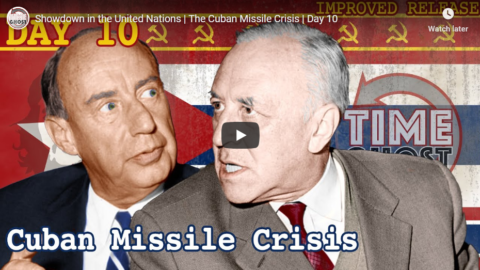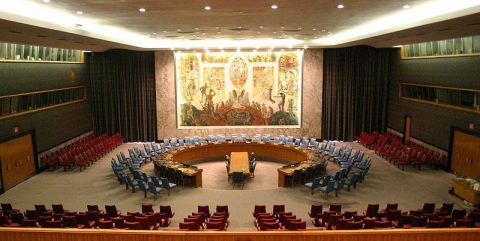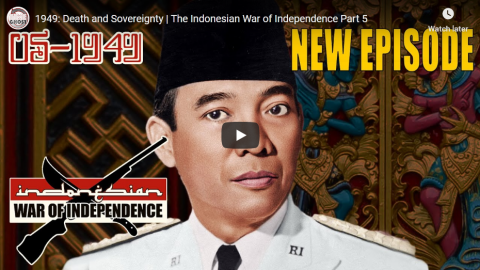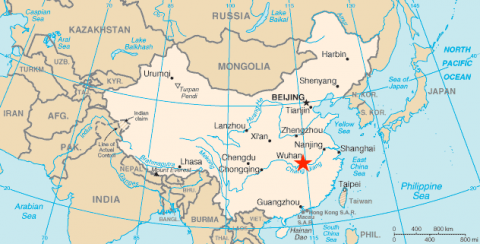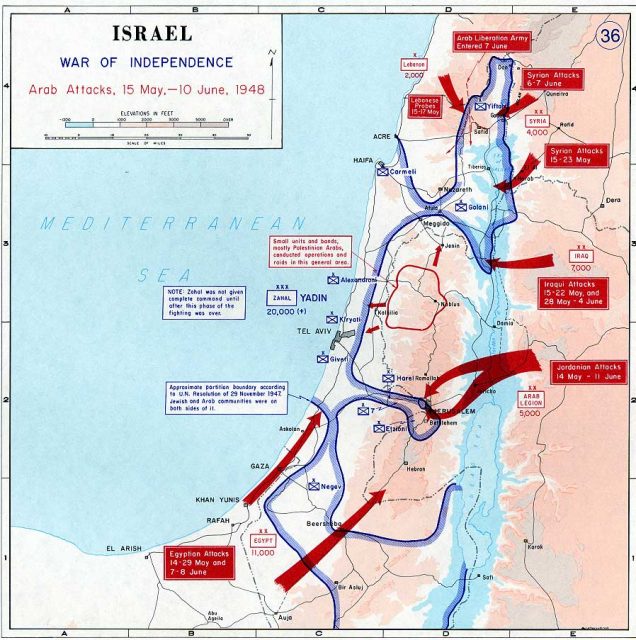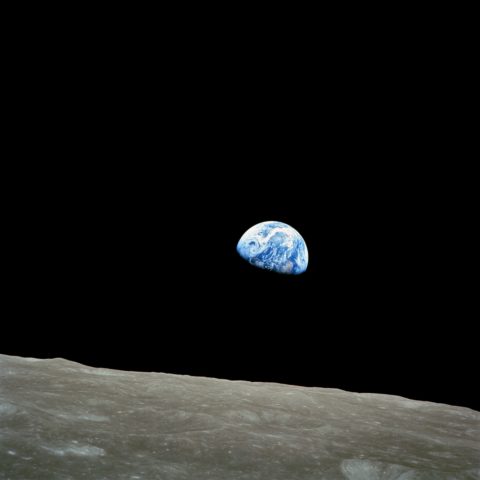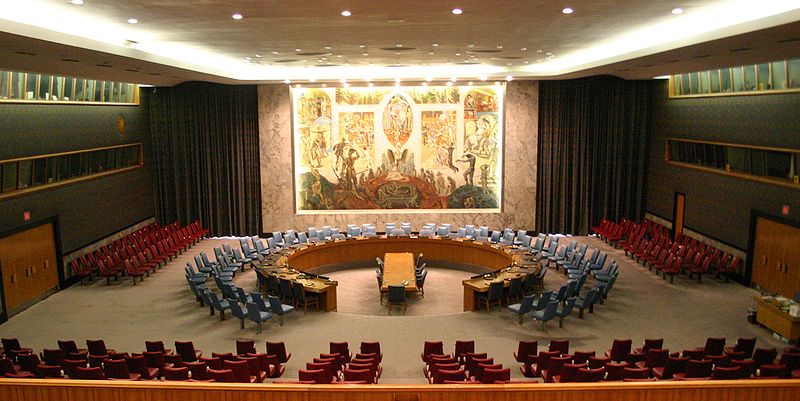TimeGhost History
Published 23 Sep 2020Whilst the fighting may be over, the Crisis certainly isn’t. For starters, the three invaders may have agreed to a ceasefire, but aren’t too keen to give up the land they’ve conquered. And even if this is resolved, what lies in wait for the humiliated ex-colonial powers? Ultimately, only one thing does seem certain — irreversible change.
Join us on Patreon: https://www.patreon.com/TimeGhostHistory
Hosted by: Indy Neidell
Written by: Francis van Berkel
Director: Astrid Deinhard
Producers: Astrid Deinhard and Spartacus Olsson
Executive Producers: Astrid Deinhard, Indy Neidell, Spartacus Olsson, Bodo Rittenauer
Creative Producer: Joram Appel
Post-Production Director: Wieke Kapteijns
Research by: Francis van Berkel
Image Research: Daniel Weiss
Edited by: Daniel Weiss
Sound design: Marek Kamiński
Maps: Ryan WeatherbyColorizations:
– Mikolaj Uchman
– Daniel Weiss – https://www.facebook.com/The-Yankee-C…
– Norman Stewart – https://oldtimesincolor.blogspot.com/Sources:
National Archives NARA
Images from the UN News and Media
1960s Soviet Film “Egypt our Arab Ally”From the Noun Project:
– speech_16988 By Juan Pablo Bravo, CL
– Parliament_1658396 By Dimitrios Stamatis, GB
– Money by Gilberto
– Ship by Edward Boatman
– soldier by Wonmo Kang
– oil barrel by Musmellow
– europe By Randomhero
– Income(not dollar)_2897802
– Trade by Adrien Coquet
– Handshake By priyanka, IN
– world by Guilherme Furtado
– telegraph By Luke Anthony Firth, GB
– people by ProSymbols
– documents by Srinivas AgraSoundtracks from Epidemic Sound:
– “Devil’s Disgrace” – Deskant
– “In the Bank We Trust” – Jon Sumner
– “Searching Through Sand” – Deskant
– “The Inspector 4” – Johannes Bornlöf
– “Crying Winds” – Deskant
– “Scented Nectar” – Rune Dale
– “As the Rivers Collapse” – Deskant
– “Dark Beginning” – Johan Hynynen
– “Guilty Shadows 4” – Andreas JamshereeArchive by Screenocean/Reuters https://www.screenocean.com.
A TimeGhost chronological documentary produced by OnLion Entertainment GmbH.
From the comments:
TimeGhost History
2 days ago (edited)
So that’s the end of our series on the Suez Crisis. It’s been a pretty wild and messy ride, but we think our realtime format gave it a fresh perspective that hasn’t done before.If you liked that final point Indy made about Churchill and The Beatles, and you want to find out more about decolonisation, then you should look up the work of Bill Schwarz. He was the one who originally made the comparison in his book White Man’s World, and it’s a really fascniating read, if also a bit challenging. Decolonisation is actually becoming a really vibrant field of study in academia and there are a whole host of books available if any of you want to dive into the topic. Europe After Empire by Elizabeth Buettner is an excellent place to start and Fight or Flight by Martin Thomas will be right up your street if you want to learn about the wars of decolonisation and the politics behind them. If you have any other suggestions then feel free to post them below.
Anyway, we hope you enjoyed the series and learnt a thing or two.

